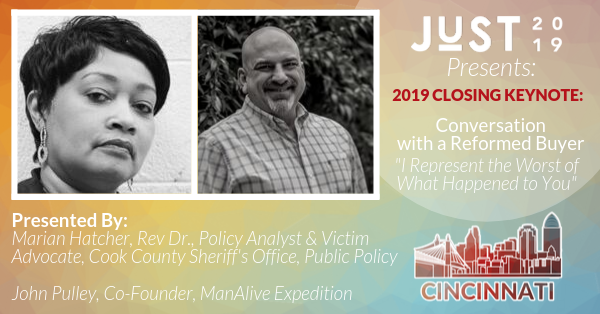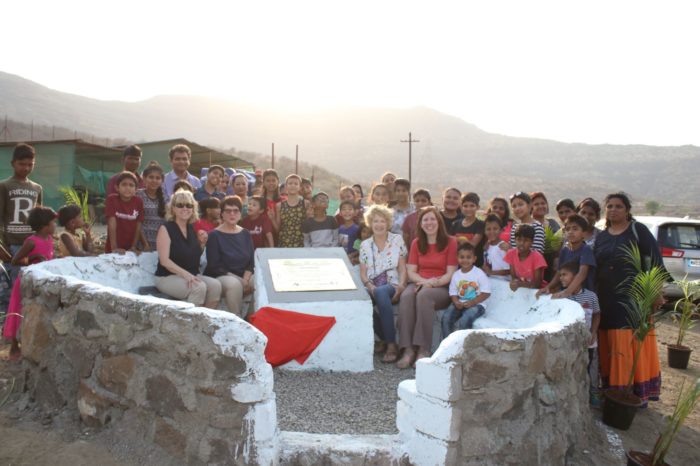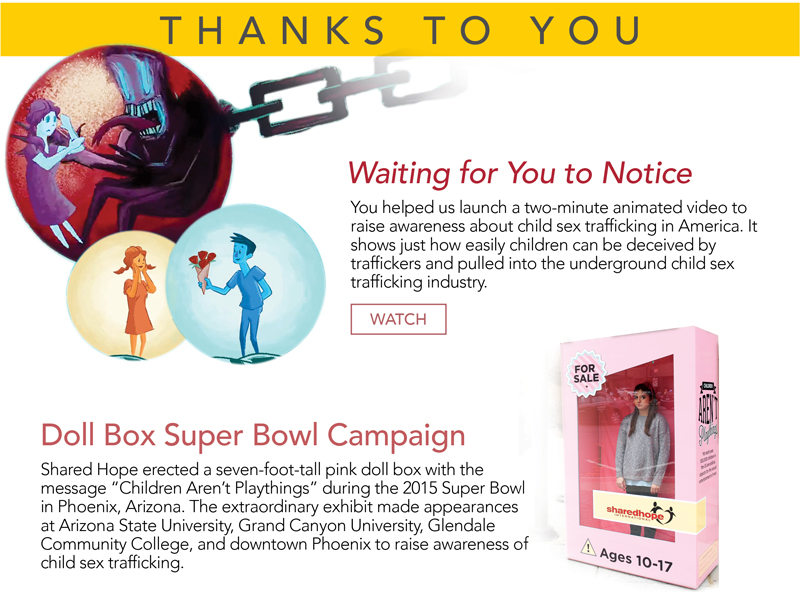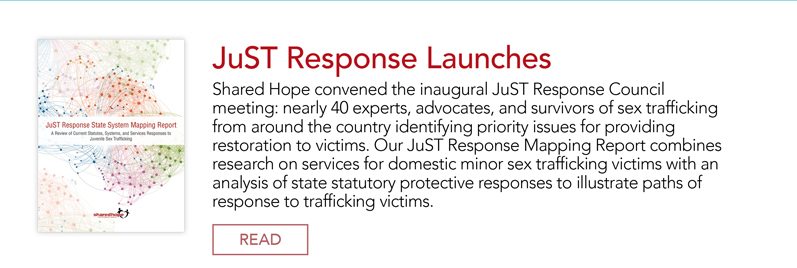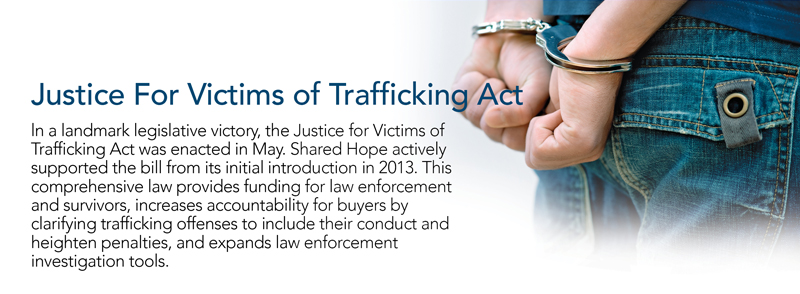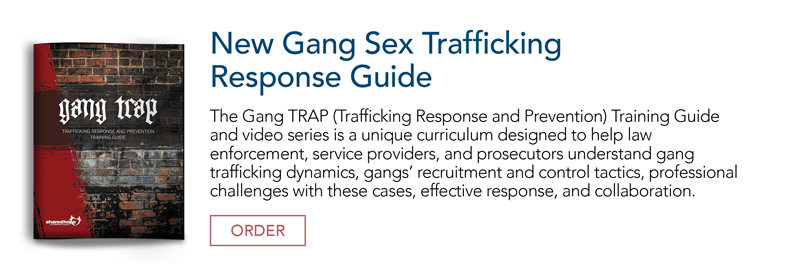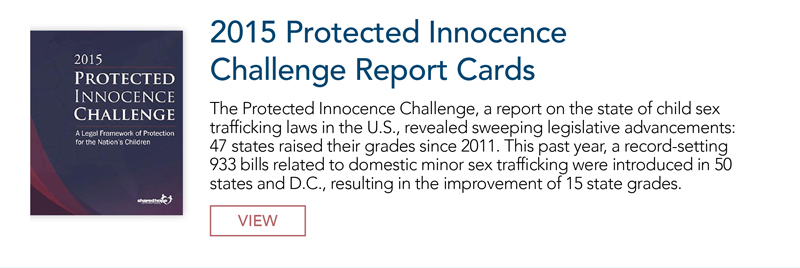Shared Hope International is a D.C.-based NGO focused on addressing the root causes of commercial sexual exploitation for the purpose of preventing child sex trafficking in the U.S. Since our organization’s inception in 1998, we have proactively pursued and supported policies that protect the inherent right of children in the U.S. to be free from sexual violence, including commercial sexual exploitation. Following the introduction of D.C. Bill 23-0318 in early 2019, we sought to understand the purpose and impact of this legislation, including to identify whose “safety” and “health” this piece of legislation would truly protect. Shared Hope strongly opposes the “Community Safety and Health Amendment Act” because, despite what its name purports, this bill fails to protect the safety and health of D.C. children and youth, who are an essential part of our community.
Shared Hope firmly believes that removing criminal liability for buyers, pimps, and brothel owners will significantly threaten the safety, well-being, and security of youth in the District, particularly youth living with various vulnerability factors. During the October 17th Committee hearing, Councilmembers heard hours of testimony which highlighted the forecasted impact this bill would have on the District and, most importantly, those most affected by the policies created through this effort. We adamantly affirm the numerous concerns raised by child protection and anti-trafficking advocates, including the impact this bill would have on: (1) repealing current processes for connecting exploited minors with vital services; (2) creating additional challenges for law enforcement to discern illegal activity from legal activity, thus creating barriers to victim identification and response; 3) expanding the market and increasing harm to those in commercial sex due to a rise in demand; and (4) transforming the District into a tourist destination for commercial sexual exploitation.
We can attribute the phenomenon of child sex trafficking in the U.S. to a culture that normalizes the commodification of human beings; fully decriminalizing commercial sex will uphold the already existing attitudes that tolerate the sale, purchase, and control of another person. As stakeholders, we would be shortsighted and reckless to believe that the implications of the policy this bill seeks to advance will be limited to consensual sex workers. Reinforcing a demand for human beings and their bodies will not start and end with consenting adults; the consequences of this will be horrific for vulnerable persons, including children, who do not choose commercial sex. We cannot allow the purported benefits for some to trump the well-established harm caused to others.
What remains unaddressed is what this bill painfully fails to do: create sustainable solutions to deeply rooted forms of injustice. Upon conducting a thorough analysis of the bill and watching all fourteen hours of the Committee hearing, it is evident that this piece of legislation provides a band-aid for affected communities and creates an easy fix for the Council. Over half of the witnesses testified to the systemic reasons driving the sale of commercial sex, all of which fall under the general umbrella of “survival.” Additionally, witnesses testified to the inherent violence that underpins commercial sex, detailing the dramatically high mortality rate for persons engaged in commercial sex compared to rates measuring the general public. 1 Many sex trafficking survivors and self-identified sex workers provided anecdotal accounts of the physical, psychological, and sexual violence they experienced due to commercial sex. Fully decriminalizing sex work to ensure that historically and presently marginalized communities, including vulnerable children and youth, can access shelter, employment, food, and security reinforces the unjust notion that some members of our society, disproportionately communities comprised of racial and gender-minorities, must sacrifice their safety and wellbeing to meet such fundamental needs. The Council must bypass the allure of a quick and easy fix and devote the requisite energy and resources to a problem that demands a thoughtful and sustainable solution. This is the only way of ensuring that presently impacted persons and generations to come are not positioned to choose survival over safety.
Many witnesses testified to the opportunities this bill creates; aside from importantly preventing the criminalization of affected persons, D.C. Bill 23-0318 fails to “lift up marginalized communities” as one witness purported. When the District enacted D.C. Act 20-560 in 2015, preventing minors from being charged and prosecuted for prostitution offenses, the Council responsibly included provisions to train relevant stakeholders and develop service response protocols. In fact, one of the existing protections for children, requiring law enforcement to refer an identified or suspected child sex trafficking victim to specialized services, will be repealed by this very bill that seeks to increase “safety.” Historical efforts to reform the City’s response to child sex trafficking included critical measures to ensure that exploited youth were directed away from the juvenile justice system and into services, inarguably supporting their holistic health and safety, and providing access to justice and opportunities. Conversely, this bill merely develops a task force to “study . . . the need for . . . resources to meet the needs of sex workers and other individuals engaging in commercial sex.” As detailed during the Committee hearing, the extensive needs are already well-established; in fact, the lack of these very services that the Committee seeks to study is what survivors of sex trafficking and consensual sex workers claim is driving their engagement in commercial sex. Rather than passing legislation that preys on vulnerabilities, the Council should invest in eliminating them by: (1) removing criminal liability for persons who sell sex, either consensually or through exploitative practices; and (2) creating access to comprehensive care and services, as well as meaningful opportunities for those desiring to cease engagement in commercial sex.
D.C. Bill 23-0318 blatantly ignores the cries of sex trafficking survivors and ally professionals that, based on a culmination of lived experience and sound research, denounce both the intent and resolution. Several proponents voiced frustration at the Council’s willingness to hear from opponents outside of the District; their voices speak to the enormous ramifications this bill will have on sex trafficking victims and vulnerable communities across the U.S. Vacuums of equitable opportunity are a magnet for exploitation. Undoubtedly, a general lack of opportunity and services, coupled with legislation that decriminalizes the purchase and pimping of human beings, will set the stage for an increase in child sex trafficking in D.C.
We respectfully urge the Council to listen to the collective concern of stakeholders who demand better for all vulnerable persons and communities. The District does not need a new task force to establish and respond to the imminent needs that drive exploitation and survival sex; rather, the Council is currently positioned to draw upon the fourteen hours of testimony and re-design legislation that empowers, protects, and invests in our community.
